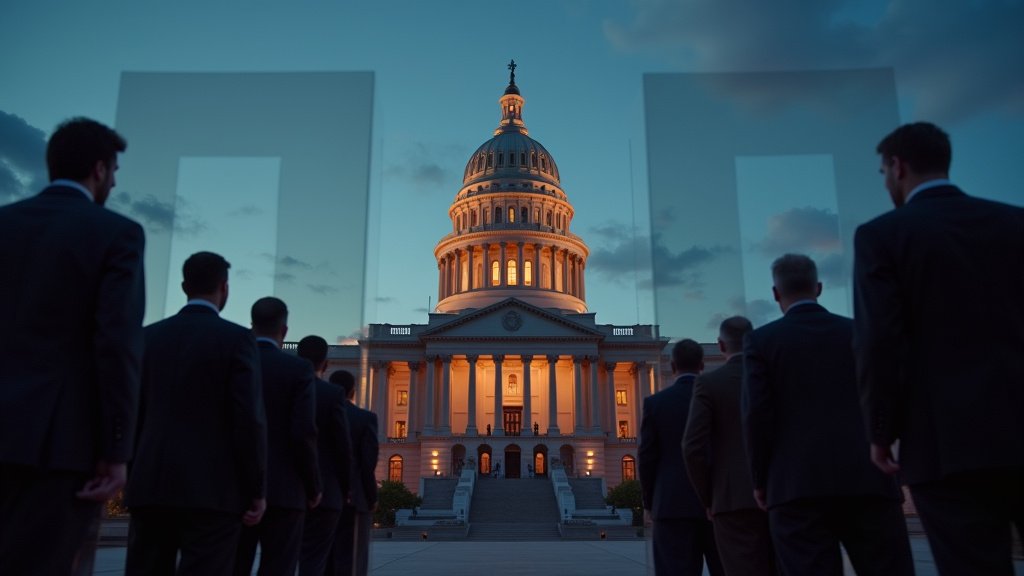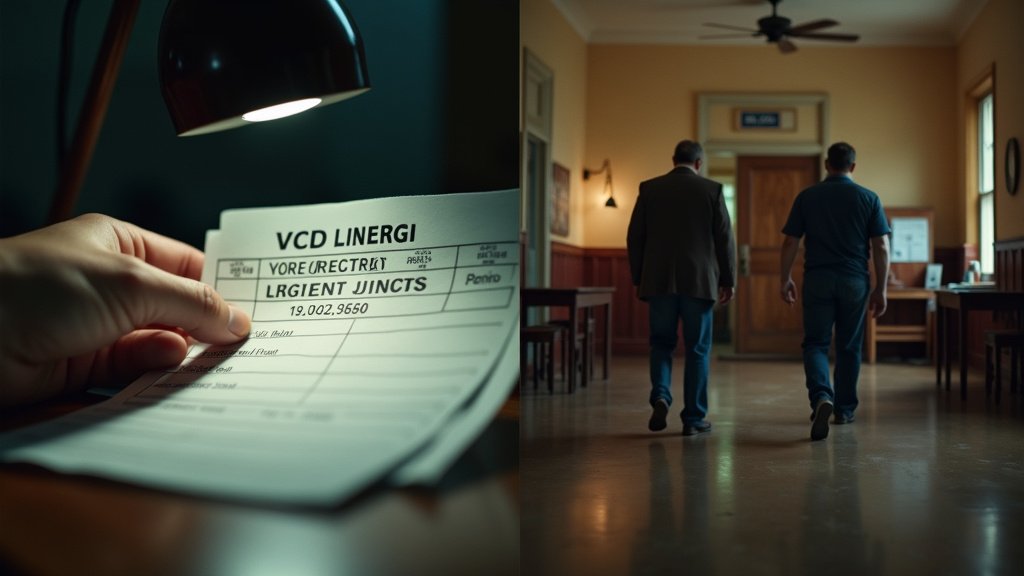In a significant legislative development that has drawn considerable attention, the Texas House of Representatives has passed two pivotal bills: one that shields certain police complaint records from public view and another, a contentious “bathroom bill,” which restricts public restroom access for transgender individuals and carries substantial financial penalties. This dual action represents a key moment in the state’s ongoing legislative session, reflecting trending policy directions and sparking debate across the state.
Shielding Police Complaints: A Move Toward Confidentiality
The Texas House has advanced legislation, identified in legislative reports as related to Senate Bill 15 and House Bill 15, aimed at standardizing and making confidential certain records pertaining to law enforcement officers. The core of this measure involves the creation of a confidential department file, often referred to as a “G-file,” designed to house unsubstantiated allegations against officers and complaints that did not result in disciplinary action.
Proponents of the bill, including lawmakers like State Representative Cole Hefner, argue that it serves to protect officers from unwarranted scrutiny, potential defamation, and frivolous lawsuits. They contend that standardizing disclosure policies across all law enforcement agencies is necessary and that unsubstantiated complaints can unfairly harm an officer’s reputation and the profession’s relationship with the community. The bill ensures that only substantiated misconduct complaints, commendations, and awards will remain in an officer’s publicly accessible personnel file.
However, critics, including transparency advocates and civil liberties groups, express strong concerns that this legislation represents a significant “secrecy grab” that will erode public accountability and transparency within law enforcement. They argue that such files, even if unsubstantiated, can reveal patterns of behavior and that limiting access makes it harder for the public and the press to scrutinize police conduct. Some worry this could hinder investigations into incidents, potentially impacting cases like the Uvalde school massacre. Amendments were introduced to allow victims’ families limited access to certain investigative records without duplication rights and to ensure a loophole used to withhold information about suspects in custody remains closed. Despite these debates, the bill ultimately garnered House approval and now moves back to the Senate for consideration of amendments.
Punitive ‘Bathroom Bill’ Advances with Increased Fines
In parallel, the Texas House has passed Senate Bill 8 (SB 8), a measure colloquially known as the “bathroom bill,” which dictates that individuals must use restrooms, changing facilities, and other public accommodations corresponding to their sex assigned at birth. This legislation applies broadly to government buildings, public schools, universities, state correctional facilities, and even women’s domestic violence shelters, with specific prohibitions for transgender women accessing women’s shelters.
A significant aspect of the bill’s passage through the House was the adoption of an amendment that dramatically increases penalties for institutions found to be in violation. The revised bill imposes fines of $25,000 for a first offense and up to $125,000 for subsequent violations, making it the most financially punitive “bathroom bill” in the nation. While the bill allows for single-occupancy, gender-neutral facilities as an alternative and includes exceptions for certain staff and young children, its primary intent is to enforce segregation based on sex assigned at birth.
Supporters, such as Representative Angelia Orr, have stated the bill is intended to ensure privacy and the safety of women and girls. Conversely, opponents, including members of the Texas Legislature’s LGBTQ+ Caucus, decry the bill as discriminatory and harmful. They argue it targets transgender Texans, could lead to increased harassment, and that enforcement might rely on subjective judgments about a person’s appearance. The bill has been compared to historical discriminatory laws, with concerns raised about its potential to foster an environment of fear and exclusion.
SB 8, having passed the Senate previously, now requires only one more procedural vote in the House before being sent to Governor Greg Abbott’s desk. This passage follows a decade of attempts by Texas Republicans to enact similar legislation.
Broader Legislative Context and Implications
These legislative actions come at a time when the Texas Legislature has seen a significant increase in the filing of anti-LGBTQ+ bills, with advocates noting a steady escalation in measures targeting transgender Texans. The passage of SB 8, in particular, occurs within a national trend of such legislation, though Texas’s version stands out due to its substantial financial penalties.
Together, these bills reflect a broader legislative agenda that prioritizes restricting access to information for police accountability while simultaneously enacting significant limitations on the rights and public presence of transgender individuals. The debates surrounding both measures highlight a deep ideological divide on issues of transparency, privacy, and civil rights within the state. As these bills move closer to becoming law, their long-term impact on public trust in law enforcement and the lived experiences of LGBTQ+ Texans is a critical focus of news and public discourse in Texas.






